The following post comes from Liz Velander, a recent graduate of Scalia Law and a Research Assistant at CPIP.
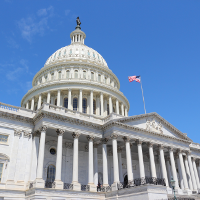 By Liz Velander
By Liz Velander
In late September, the House Judiciary Committee held a hearing entitled Copyright and the Internet in 2020: Reactions to the Copyright Office’s Report on the Efficacy of 17 U.S.C. Read more
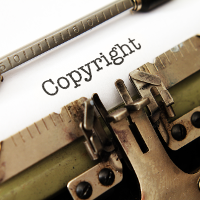 I am looking forward to hosting a keynote conversation with Grammy-winning composer, performer, songwriter, best-selling author, and essayist Rosanne Cash this week at CPIP’s
I am looking forward to hosting a keynote conversation with Grammy-winning composer, performer, songwriter, best-selling author, and essayist Rosanne Cash this week at CPIP’s 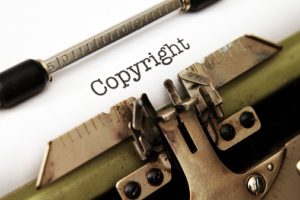 The U.S. Copyright Office released its long-awaited report on
The U.S. Copyright Office released its long-awaited report on  With Section 512 of the DMCA, Congress sought to “preserve[] strong incentives for service providers and copyright owners to cooperate to detect and deal with copyright infringements that take place in the digital networked environment.”
With Section 512 of the DMCA, Congress sought to “preserve[] strong incentives for service providers and copyright owners to cooperate to detect and deal with copyright infringements that take place in the digital networked environment.”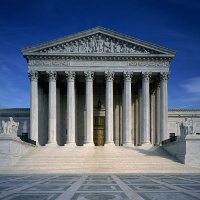 Earlier this week, the Supreme Court handed down its
Earlier this week, the Supreme Court handed down its  Last August, I wrote about CloudFlare’s “
Last August, I wrote about CloudFlare’s “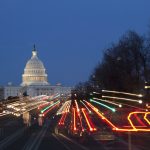 On December 14th, a group of librarians sent a
On December 14th, a group of librarians sent a  In a recent
In a recent  The Second Circuit’s recent opinion in
The Second Circuit’s recent opinion in